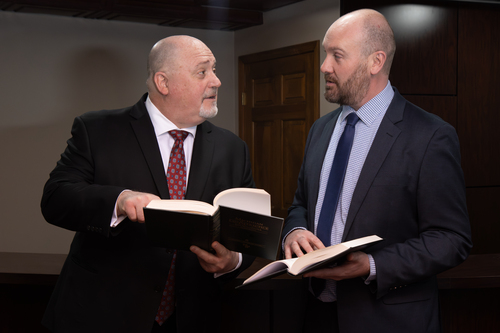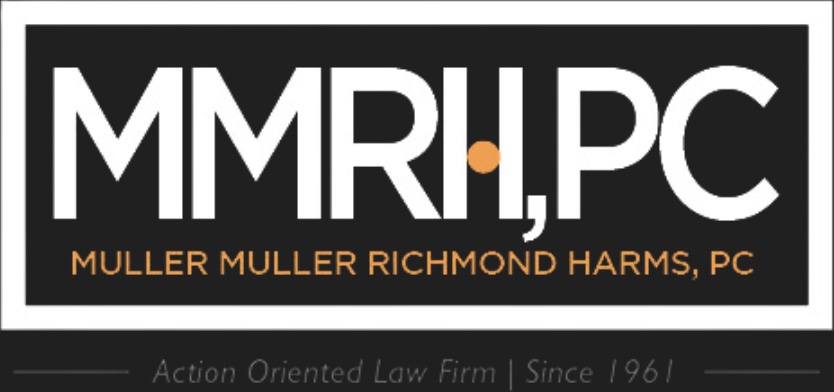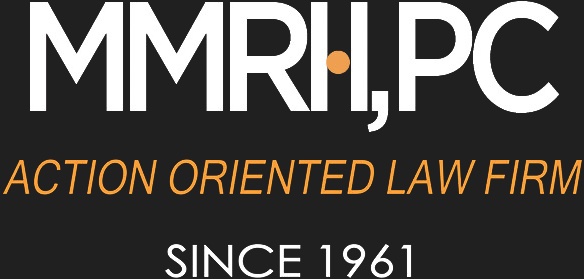Alternate Dispute Resolution

Did you know that there’s more than one way to resolve your collections case?
Do you want to explore your options before you take your debtor to court?
Alternative dispute resolution may be an option for you! In this article, we’ll give you a rundown of what alternative dispute resolution means and when it’s a good idea to consider it.
What Is Alternative Dispute Resolution (ADR)?
Alternative Dispute Resolution (ADR) is a general term for things like mediation or arbitration that let disputing parties resolve a claim without going through a full court trial. In Michigan debt-collection cases, ADR offers a faster, more flexible path to agreement for both creditors and debtors.
Courts may order ADR during litigation to encourage settlement, limit costs, and reduce caseload pressure.
Why Use ADR for Debt Collections?
- Cost savings: ADR tends to incur fewer procedural fees than standard lawsuits.
- Speed: A mediated or arbitrated resolution can often conclude faster than waiting for trial.
- Confidentiality: Unlike public court records, ADR processes are often confidential.
- Less adversarial: It encourages cooperation rather than future litigation hostility.
How ADR Works in Practice
- Case Evaluation & Selection: The parties (or their attorneys) assess whether the case is ADR-friendly—e.g. clear factual disputes and willingness to compromise.
- Mediator/Arbitrator Appointment: A neutral third party is selected by agreement or court order.
- Exchange of Information: Parties may exchange documents to support their claims or defenses.
- Negotiation or Hearing:
- In mediation, the mediator helps the parties negotiate a settlement.
- In arbitration, the arbitrator acts like a private judge and issues a binding or nonbinding decision.
- Agreement / Award & Enforcement: If the parties agree or the arbitrator issues an award, it becomes enforceable—either by court order or under a contract.
Practical Tips for Creditors
- Include clear ADR clauses in your contracts (these are usually called mediation/arbitration clauses).
- Keep communication and documentation thorough and professional—good records help in ADR.
- Evaluate the cost-benefit: if your claim is small, ADR may resolve it efficiently.
- Engage experienced attorneys familiar with debt and dispute resolution law.
Your Go-To Guys for Michigan Collection Services
If you need some help navigating ADR, or if you’re at the end of your rope and ready to take your debtor to court, the Mullers can help! To talk with a collection services expert in Michigan, call (248) 645-2440 or submit a contact form to get started! We’ll make the process easy for you.


